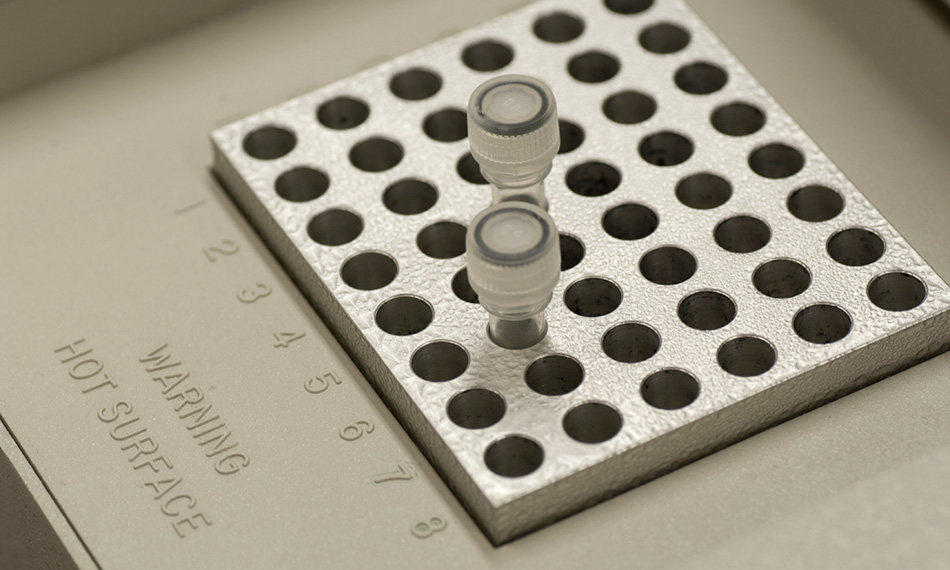Optimizing Industrial Processes with Advanced Thermal Solutions

In the contemporary landscape of industrial operations, the pursuit of efficiency and sustainability is paramount. One of the critical aspects that significantly influences these factors is thermal management. Efficient thermal solutions not only enhance performance but also contribute to energy savings and reduced operational costs. Among the various thermal management technologies, microchannel heat exchangers (MCHEs) stand out for their exceptional efficiency and compact design. These advanced devices are revolutionizing industrial processes, providing enhanced thermal performance while supporting sustainability goals.
The Role of Microchannel Heat Exchangers
Microchannel heat exchangers are engineered to facilitate efficient heat transfer using a series of parallel, miniature channels through which fluids flow. This design significantly increases the surface area for heat exchange compared to traditional heat exchangers, thereby improving thermal performance. The use of aluminum in their construction further enhances thermal conductivity while reducing weight and susceptibility to corrosion.
These attributes make MCHEs particularly advantageous in various industrial applications, including HVAC systems, refrigeration, power generation, and chemical processing. By integrating MCHEs, industries can achieve superior heat transfer rates, leading to improved process efficiency and energy conservation.
Efficiency and Sustainability
One of the most compelling advantages of microchannel heat exchangers is their ability to optimize energy usage. Traditional heat exchangers often suffer from lower heat transfer coefficients and larger footprints, which can lead to inefficiencies. In contrast, MCHEs, with their compact size and high surface area-to-volume ratio, provide excellent heat transfer capabilities while occupying less space. This efficiency translates to lower energy consumption, making them an ideal choice for industries looking to reduce their carbon footprint and operational costs.
Moreover, the high thermal performance of MCHEs supports the use of lower refrigerant charges in cooling applications, which is beneficial from both an environmental and economic standpoint. Lower refrigerant use not only reduces the potential for environmental harm but also aligns with global regulations aimed at phasing out high-global-warming-potential (GWP) refrigerants.
Applications in Diverse Industries
The versatility of microchannel heat exchangers allows them to be employed across a wide range of industries. In HVAC systems, MCHEs enhance cooling and heating efficiency, contributing to more sustainable building operations. In the automotive industry, they are used in vehicle air conditioning and engine cooling systems, where their compact size and high efficiency are particularly valuable.
In the power generation sector, MCHEs play a crucial role in cooling systems for turbines and generators, ensuring optimal performance and reliability. The chemical processing industry also benefits from the precise temperature control offered by MCHEs, which is essential for maintaining product quality and process stability.
Technological Innovations
The continuous advancement in microchannel heat exchanger technology is driving further improvements in industrial process optimization. Innovations such as enhanced surface coatings, improved manufacturing techniques, and the integration of advanced materials are pushing the boundaries of what MCHEs can achieve. These developments are leading to even greater thermal efficiency, durability, and application-specific customization.
For instance, surface treatments that reduce fouling and corrosion extend the lifespan of MCHEs and maintain their performance over time. Advanced manufacturing techniques, such as precision laser welding, ensure the structural integrity and reliability of these heat exchangers under demanding conditions.
Conclusion
Microchannel heat exchangers represent a significant leap forward in thermal management technology, offering unparalleled efficiency and versatility for a variety of industrial applications. By optimizing heat transfer processes, these advanced thermal solutions contribute to energy savings, cost reduction, and environmental sustainability. As industries continue to seek innovative ways to enhance their operations, the adoption of MCHEs is poised to play a pivotal role in achieving these goals.
To learn more about the capabilities and applications of microchannel heat exchangers, visit https://www.kaltra.com/microchannel-heat-exchangers. Here, you can explore how these advanced solutions can transform your industrial processes, delivering both economic and environmental benefits.


.jpeg?width=682&height=455&name=AdobeStock_295048993%20(1).jpeg)


